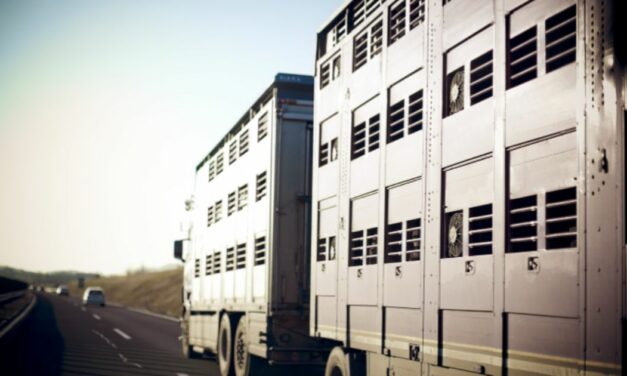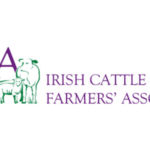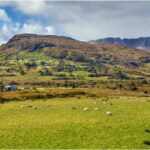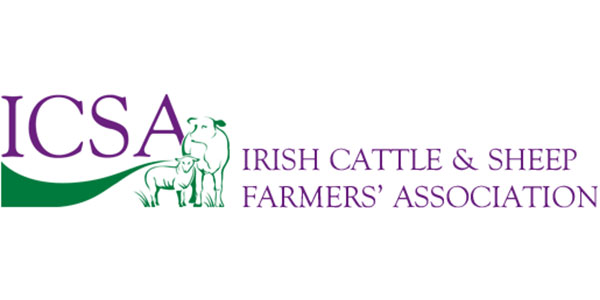6th January 2015
The Minister for Agriculture, Food and the Marine, Simon Coveney T.D, has today announced the opening of the online system for the submission of applications to both the National Reserve and the Young Farmers Scheme in 2015. Persons who meet the definition of ‘young farmer’ may apply to both the National Reserve and the Young Farmers Scheme. Persons who meet the definition of ‘new entrant to farming’ may apply to the National Reserve.
Minister Coveney said “The opening of the National Reserve and Young Farmers Scheme represents a significant step forward in the transition to the reformed Common Agricultural Policy that will be introduced in 2015 and in the regeneration of Irish agriculture.”
National Reserve
The National Reserve will be established using 3% of the ceiling allocated to the Basic Payment Scheme in 2015 creating a fund of close to €25million. Successful applicants will receive an allocation of entitlements based on the eligible land declared on their 2015 Basic Payment Scheme application at a value equal to the national average value of entitlements in the year of application. Successful applicants who already hold entitlements which are below the national average value will receive a top-up whereby the value of those entitlements will be increased to the national average value. Under EU Regulation the two categories of Young Farmer and New Entrant to farming receive priority access to the National Reserve. Other categories may follow depending on available resources. The closing date for receipt of applications for the two priority categories under the National Reserve is 31st March 2015.
Young Farmers Scheme
A fund of over €24million will be available to the Young Farmers Scheme for each of the years 2015 to 2019. The Scheme will be used to provide an additional payment to any person who qualifies as a ‘young farmer’. It is available to successful applicants for a maximum period of five years. The aim of the Scheme is to assist young farmers in the initial stages of establishing a farming enterprise in their own name. The closing date for receipt of applications under the Young Farmer scheme is 15th May 2015.
The Application Process
All applications to the National Reserve and Young Farmers Scheme must be submitted using the online facility made available at http://www.agfood.ie/. The full Terms and Conditions of both schemes is available on the Department’s website at http://www.agriculture.gov.ie/nationalreserveandyfs/ .
The Department’s National Reserve/Young Farmers Scheme section may be contacted at 0761 064 446 or by email at NationalReserveYFS@agriculture.gov.ie
The Minister concluded “The purpose of the ‘young farmer’ and ‘new entrant’ categories introduced under the reformed regime of Direct Payments is to encourage and facilitate the entrance of young, well educated persons into our farming community. I believe these initiatives, along with the incentives available under Rural Development, have the potential to play a major role in the regeneration of agriculture in Ireland and will provide a solid basis for the industry in the coming years. I encourage all eligible farmers to submit their applications and full supporting documentation within the specified time frame.”
*Queries can be directed to the ICSA office at 057-8662120 or info@icsaireland.com
Definition of ‘Young Farmer’
To qualify as a ‘young farmer’ an applicant must meet the following conditions:
S/he is participating in the Basic Payment Scheme in the year in which s/he submits an application;
S/he is aged no more than 40 years of age at any time during the calendar year in which s/he first submits an application under the Basic Payment Scheme;
S/he is setting up an agricultural holding for the first time or has set up such a holding during the five years preceding the first submission of the Basic Payment Scheme application;
S/he has successfully completed or is participating in a recognised course of education in agriculture giving rise to an award at FETAC level 6 or its equivalent. Alternatively s/he must commit to commencing such a course by 30th September 2016.
Definition of ‘New Entrant to Farming’
A “new Entrant to farming” is defined as:
S/he is participating in the Basic Payment Scheme in the year in which s/he applies to the National Reserve;
S/he must have commenced the present agricultural activity in the 2013 calendar year or any later year;
S/he did not have any agricultural activity in his/her own name and at his/her own risk in the five years preceding the start of the present agricultural activity;
S/he must submit an application for the Basic Payment Scheme not later than two years after the calendar year in which s/he commenced the agricultural activity.
S/he has successfully completed or is participating in a recognised course of education in agriculture giving rise to an award at FETAC level 6 or its equivalent. Alternatively s/he must commit to commencing such a course by 30th September 2016.
Income Threshold: An off-farm income limit of €40,000 will be applied to all applicants to the National Reserve, whether ‘young farmer’ or ‘new entrant’. The off-farm income limit will be applied to either of the 2013 or 2014 tax years at the applicant’s choosing. There is no off-farm income limit for the Young Farmers Scheme.
Allocation from National Reserve: The maximum allocation of new entitlements or top-ups to existing entitlements that any one farmer may receive has been fixed at a combined total of 90 entitlements.






